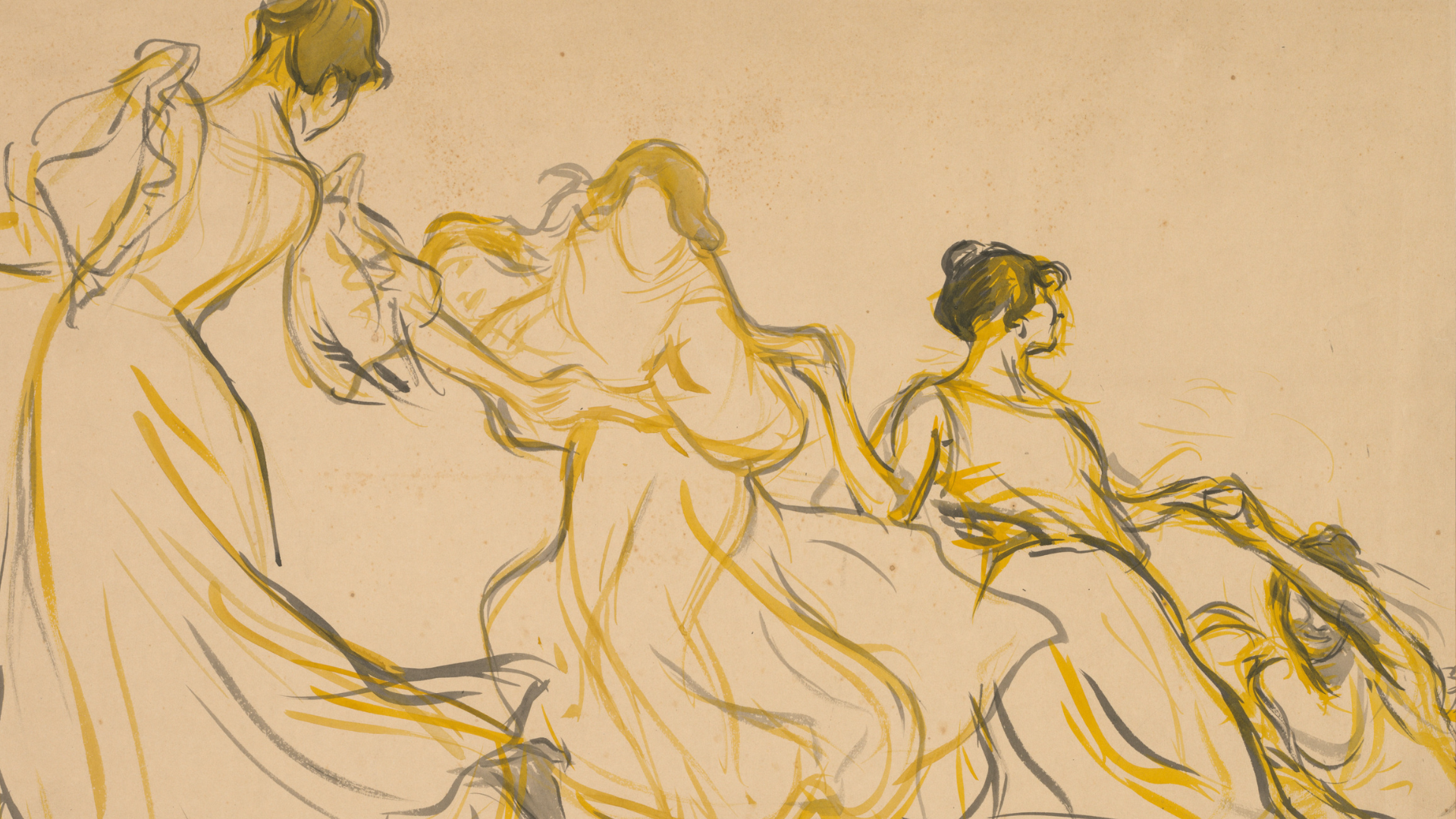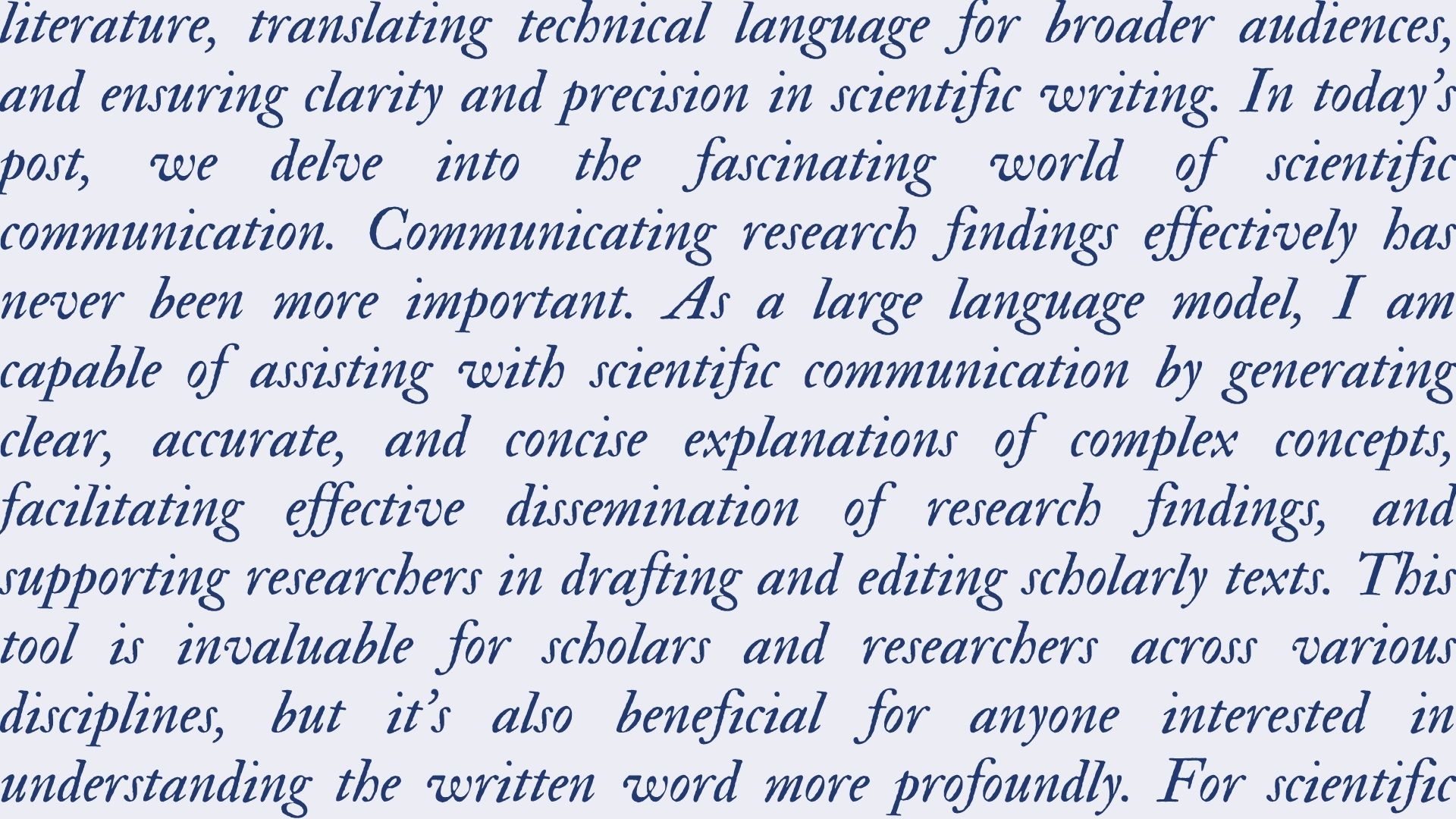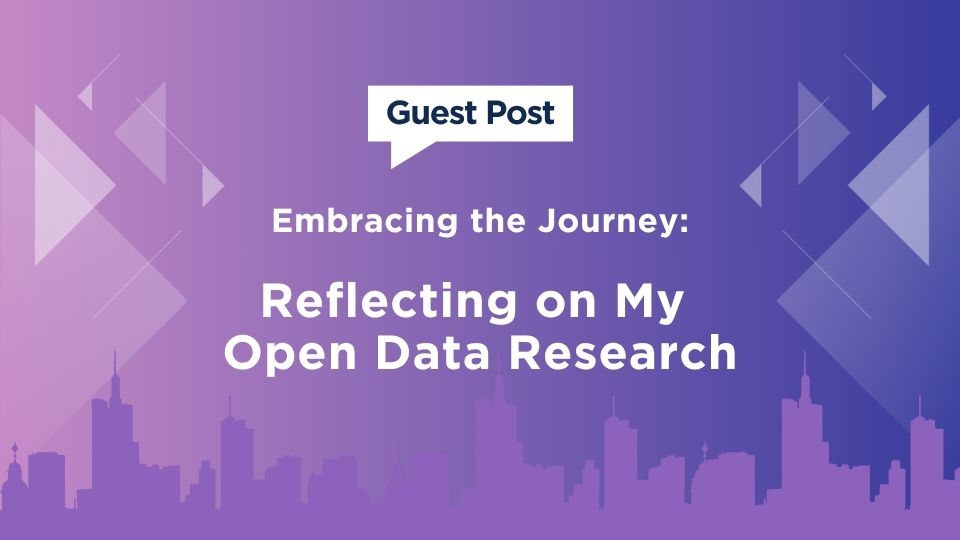Tag: scholarly publishing

Capturing Impacts of Non-Traditional Research Outputs (NTROs)
— by Fanny Liu Introduction to NTROs Non-Traditional Research Outputs (NTROs) are research outputs beyond the traditional research outputs (academic journal articles, conference papers, academic books, and book chapters). They represent a diverse spectrum of creative and practice-based works, reflecting the innovative nature of research, particularly within the humanities and social sciences. For example, in…
Read More
Where Research Is Heading: Identifying Emerging Topics
— by Chloe Ng Identifying emerging research topics helps researchers track areas gaining momentum in their fields. With the growing volume of publications, bibliometric tools help to detect these trends. This blog post outlines what defines an emerging topic, why topic growth matters, and how tools like InCites and SciVal can support this process. What…
Read More
Discovery Awaits: Finding Open Access Research Articles
— by Fanny Liu Previously, we have covered the open access movement for several times, focusing on publishing research in open access, for example: Apart from publishing, researchers and the public can enjoy the benefits brought by open access – as readers. In this post, a few useful tools to discover open access articles will…
Read More
Selecting a Repository for Data Sharing
— by Christina Wong For ensuring transparency and reproducibility of research, preserving data, increasing research visibility, and meeting the requirements of publishers and funders, sharing research data has been an increasing trend in academia. On top of managing research data with a Data Management Plan, the next question has come to your attention: in which…
Read More
GPT (Ghost-Penman-Typist): Has Generative Artificial Intelligence (GenAI) Paved Its Way into Scholarly Writing?
— by Fanny Liu Introduction Researchers have been using Generative Artificial Intelligence (GenAI) for research, such as writing codes, brainstorming research ideas, drafting research manuscripts, and more (Van Noorden & Perkel, 2023). While recognising the negative impacts, including proliferation of misinformation, making plagiarism easier and harder to detect, and bringing inaccuracies into research texts, researchers…
Read More
[Guest Post] Embracing the Journey: Reflecting on My Open Data Research
— by Andrew Cheung Note: HKU Libraries is committed to fostering the next generation of researchers and advancing open science. In our recent collaboration with the Bachelor of Arts and Sciences in Social Data Science (BASc(SDS)) programme, where students tackle real-world challenges in their Final Year Projects, two groups of students explored automatic detection of…
Read More
[Guest Post] Automating Data Transparency with AI: A Framework for Detecting Data Availability Statements
— by Joshua Wong, Anson Cheung Note: HKU Libraries is committed to fostering the next generation of researchers and advancing open science. In our recent collaboration with the Bachelor of Arts and Sciences in Social Data Science (BASc(SDS)) programme, where students tackle real-world challenges in their Final Year Projects, two groups of students explored automatic…
Read More
Creating Video Abstracts with AI Tools
— by Wilson Tang Introduction While traditional written abstracts remain essential, video abstracts can help share your work with broader audiences. Thanks to advances in artificial intelligence, it is now possible for anyone—including those with no video editing skills—to create engaging and professional-looking video abstracts. In this post, I will share an experience in using…
Read More
In the Front of Research: Newly Emerged Topics for 2024 and HKU Contributions
— by Vivian Qiu 1. Introduction 1) Research fronts A research front can be conceptualized as the convergence of scientific discoveries and societal interests, with new findings leading to further discoveries [1]. Understanding research fronts can help researchers identify key areas for future exploration, thereby enhance the capability of researchers to contribute meaningfully to their disciplines and…
Read More
Mega Journals 2: Promising or Predatory?
— by Fanny Liu Introduction In the previous post, we discussed major characteristics and the niche of mega journals, such as open access, wider scope, soundness only peer-review and higher acceptance rates. In this post, we will focus on some controversies. Concerns “Soundness-only” peer review: Yet to be defined? Senior executives and editors of mega…
Read More